
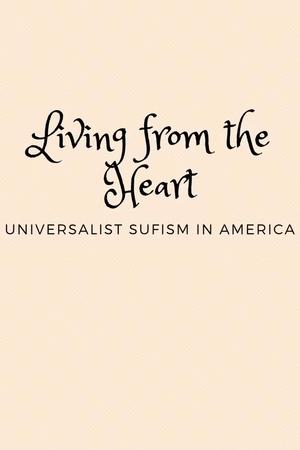
Living from the Heart: Universalist Sufism In America(2018)
Living from the Heart: Universalist Sufism in America, directed by Chuck Davis and Netanel Miles-Yépez, offers an introduction to the mystical path of Sufism as expressed in the universalist Sufi teachings of Hazrat Inayat Khan by contemporary Sufi teachers in America. The film contextualizes Sufism as a spiritual path of the heart, addressing the distinction between Islamic Sufism and Universalist Sufism, and introduces viewers to Sufi teachings on Love, Beauty, Music, God, and the Sufi practices of Zikr (remembrance) and Pilgrimage.
Movie: Living from the Heart: Universalist Sufism In America
Top 10 Billed Cast
Self - Pir of the Inayati-Maimuni Order
Self - Pir of the Sufi Ruhaniat Order
Self - Inayati Order
Self - Executive Director of the Inayati Order
Self - Pir of the Inayati Order
Self
Self - Sufi Qawwali Musician
Self - Traditional Mevlevi Whirler
Self - Senior Teacher, Inayati Order
Self - Teacher, Inayati Order
Video Trailer Living from the Heart: Universalist Sufism In America
Similar Movies
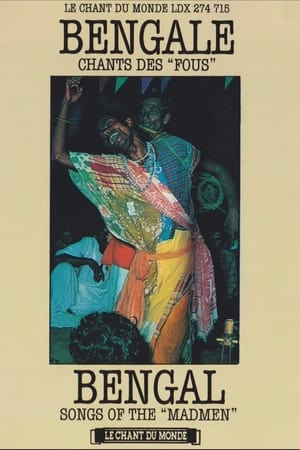 0.0
0.0Songs of the madmen(en)
The Bauls of West Bengal are nomad musicians who practice a traditional form of concert challenged by the increasing modernization of India. The term "Fous" here refers to those inspired and wandering musicians of Bengal known as Baül. The word Baül is derived from the Sanskrit word "vatul," which means "mad" in the sense that it commonly connotes a more or less frenetic behavior in French. The Baül are peculiar individuals, particularly in their mannerisms, customs, and practices. Although they may belong to either the Hindu or Muslim religion, the Baül refuse to be guided by any social or religious conventions. Freedom of spirit is their only guide. They thus move against the tide of habits, preconceived notions, and general theories. "Le chant des fous" (The Song of the Mad) is a film made by Georges Luneau.
 8.0
8.0Merton: A Film Biography(en)
In his lifetime, Thomas Merton was hailed as a prophet and censured for his outspoken social criticism. For nearly 27 years he was a monk of the austere Trappist order, where he became an eloquent spiritual writer and mystic as well as an anti-war advocate and witness to peace. Merton: A Film Biography provides the first comprehensive look at this remarkable 20th century religious philosopher who wrote, in addition to his immensely popular autobiography The Seven Storey Mountain, over 60 books on some of the most pressing social issues of our time, some of which are excerpted here. Merton offers an engaging profile of a man whose presence in the world touched millions of people and whose words and thoughts continue to have a profound impact and relevance today.
Out of Darkness: Heavy is the Crown (Vol. 1)(en)
An examination of how Africa's mythological stories have served as the basis for the world religions that came after, especially in Western civilization.
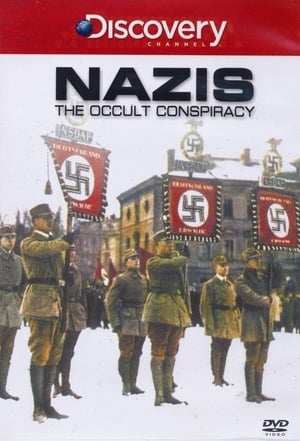 6.1
6.1Nazis: The Occult Conspiracy(en)
This documentary examines how Adolf Hitler and the Nazi regime made use of ancient mysticism, occultism, and mind-control techniques in their efforts to win the war.
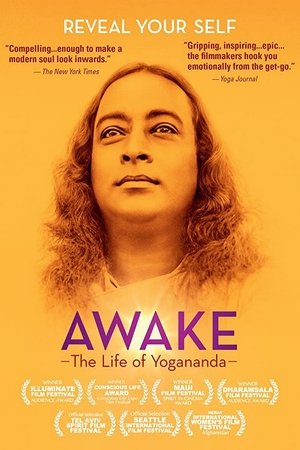 6.8
6.8Awake: The Life of Yogananda(en)
An unconventional biography by Oscar nominee Paola di Florio and Sundance winner Lisa Leeman about Hindu mystic Paramahansa Yogananda who brought yoga and meditation to the West in 1920 and authored the spiritual classic "Autobiography of a Yogi," which became the go-to book for seekers from George Harrison to Steve Jobs.
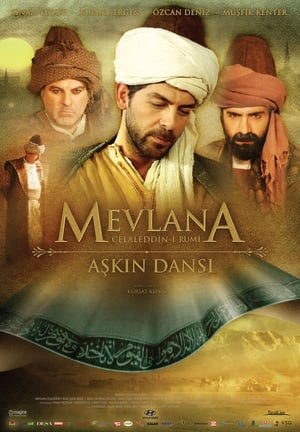 4.1
4.1Rumi: The Dance of Love(tr)
A dramatised documentary about the life of Rumi, a Persian mystical poet whose images of universal love and divine mystery continue to be celebrated more than 700 years after his death.
God and Buddha: A Dialogue(en)
In this fascinating and unusual conversation, writer and physician Deepak Chopra talks to religion professor Robert Thurman about the connections and differences between two of India's most important philosophical beliefs: Vedanta and Buddhism. Chopra explores the foundation of Vedanta, while Thurman -- the father of actress Uma Thurman -- provides the Buddhist point of view in this meeting held in 1999 at New York City's Tibet House.
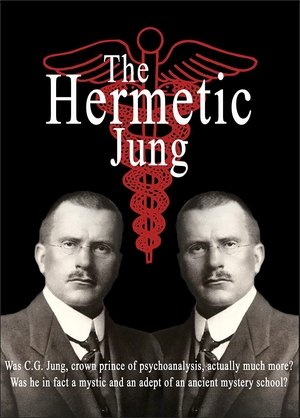 0.0
0.0The Hermetic Jung(en)
Acclaimed author Gary Lachman looks at renowned psychoanalyst C.G. Jung's work from an esoteric viewpoint, drawing parallells to the disciplines of mysticism and occultism.
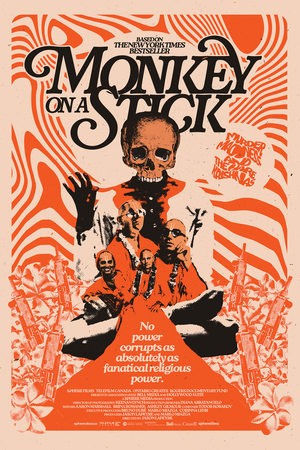 7.7
7.7Monkey on a Stick(en)
The story of the Hare Krishna movement in the West, contrasting the spiritual exploration of its devotees with the leadership's systemic, long-term cover-up of criminality, moral decay and abuse of power.
The Sufi and the Scientist(en)
The Sufi and the Scientist is the collective story of Sufi healer Sayyid Arif Hussain, the medieval Sufi Sheikh Haji Ali, and Dr. Thornton Streeter, a scientist working in the realm of human consciousness.
Sunseed(en)
This documentary explores the growing American interest in the 1970s in Eastern religions and philosophy. The teachings and lifestyles of ten spiritual teachers and their followers are presented without voice-over narration.
 0.0
0.0Nusrat Fateh Ali Khan: Live in Wolverhampton(pa)
Taken from DVD Volume 9, this documentary features the legendary Ustad Nusrat Fateh Ali Khan live in concert during his 1985 UK tour. Recorded at Wolverhampton’s Wulfrun Civic Hall on October 25, 1983, the film captures his mesmerizing performance. Known as the "Shahenshah of Qawwali," Nusrat revolutionized the Sufi devotional music tradition with his powerful vocals, intricate improvisations, and deep spiritual expression. Originally produced by Oriental Star Agencies Ltd. in 2004.
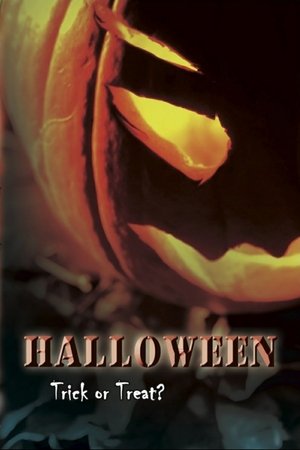 5.4
5.4Pagan Invasion, Vol. 1: Halloween: Trick or Treat(en)
All the seemingly innocent symbolism of Halloween – blackcats, snakes, broomsticks, bonfires, “trick or treat,” jack-o’-lanterns, apple dunking and costumes – has its roots in Sorcery, Witchcraft and Satanism. Parents’ responsibilities are challenged to decide whether to allow their children to participate in celebrations which glorify Pagan Occultism. This highly informative video traces the pagan origins and history of Halloween. The Pagan Occult calendar of Druids, Witches, Pagans and Satanists marks Halloween as one of their highest “holy days.” This video uncovers the mystic Druidic rites and ceremonies with which “Samhain” (Halloween) was originally observed 4,000 years ago. The occult rituals seen in this video are real and not re-enactments.
 0.0
0.0Power of Chi(en)
The mysterious chi is presented as a force that can be produced by the master and defies all explanation.
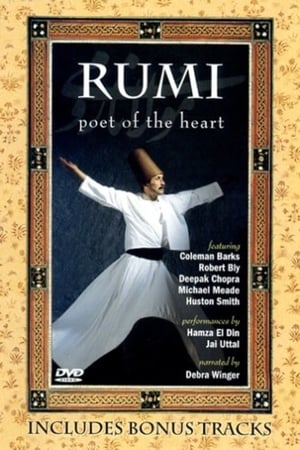 0.0
0.0Rumi: Poet of the Heart(en)
In 1244, Jelaluddin Rumi, a Sufi scholar in Konya, Turkey, met an itinerant dervish, Shams of Tabriz. A powerful friendship ensued. When Shams died, the grieving Rumi gripped a pole in his garden, and turning round it, began reciting imagistic poetry about inner life and love of God. After Rumi's death, his son founded the Mevlevi Sufi order, the whirling dervishes. Lovers of Rumi's poems comment on their power and meaning, including religious historian Huston Smith, writer Simone Fattal, poet Robery Bly, and Coleman Barks, who reworks literal translations of Rumi into poetic English. Musicians accompany Barks and Bly as they recite their versions of several of Rumi's ecstatic poems.
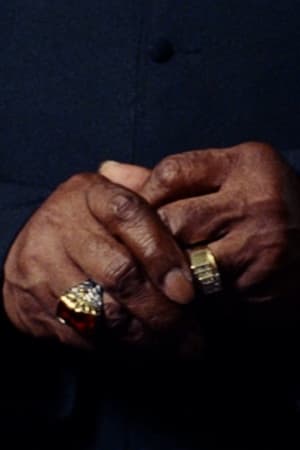 0.0
0.0Is My Living In Vain(en)
Is My Living in Vain is a meditation on the continuing history and emancipatory potential of the Black church as a space of belonging, affirmation and community organising. Combining shot footage, oral histories and archive material from both sides of the Atlantic, the film follows a tangled thread of personal and collective memories to interrogate the church’s contribution to a Black radical tradition.
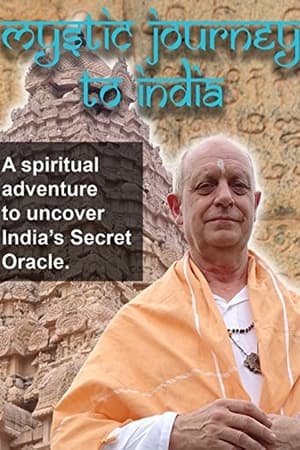 2.0
2.0Mystic Journey to India(en)
Craig Hamilton-Parker stumbles upon a 5,000 year old Indian oracle that has his name written on it. When translated, it reveals the story of his life with 100% accuracy. The oracle proclaims what will happen in the future - even giving the exact time he will die.

